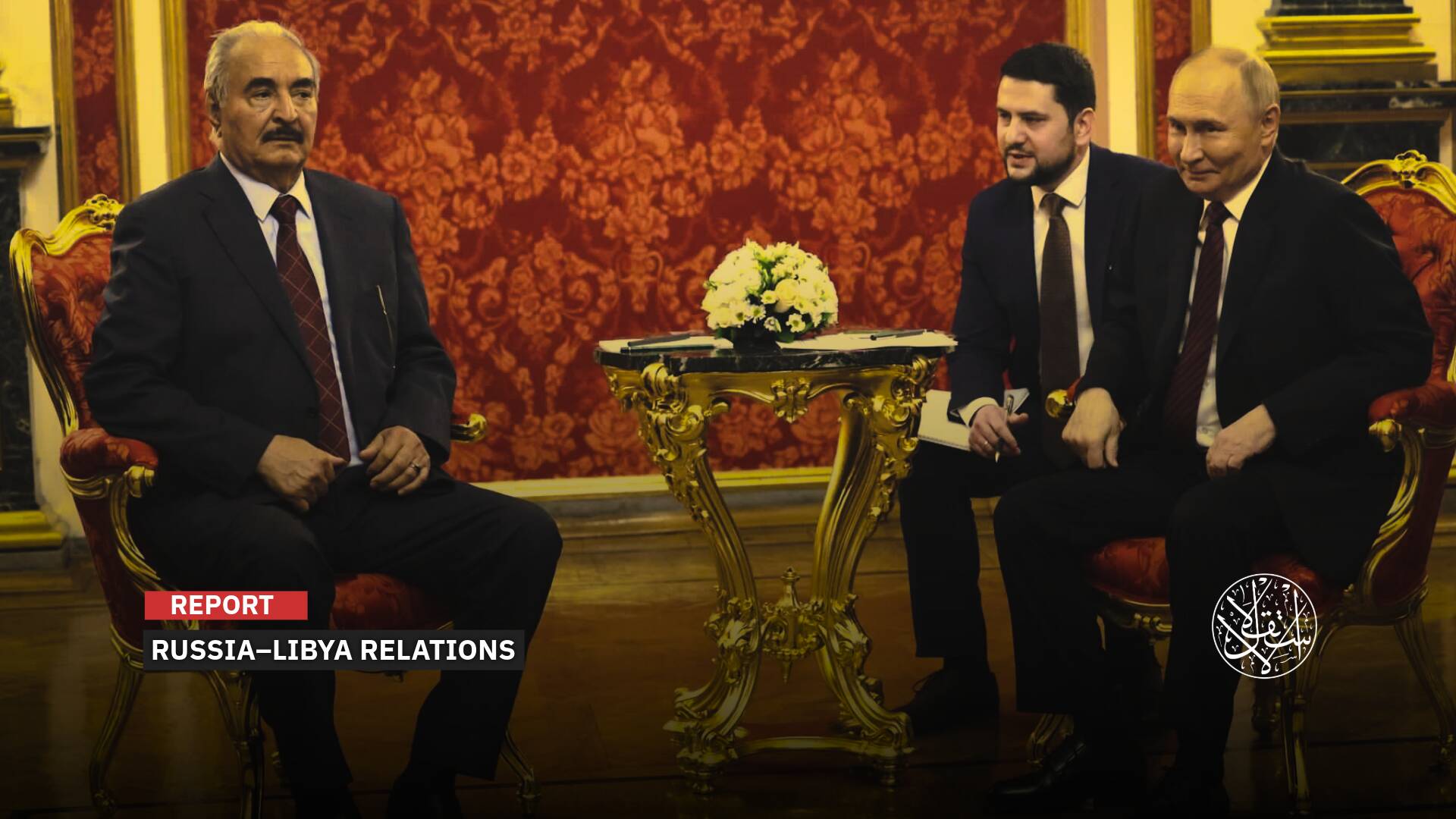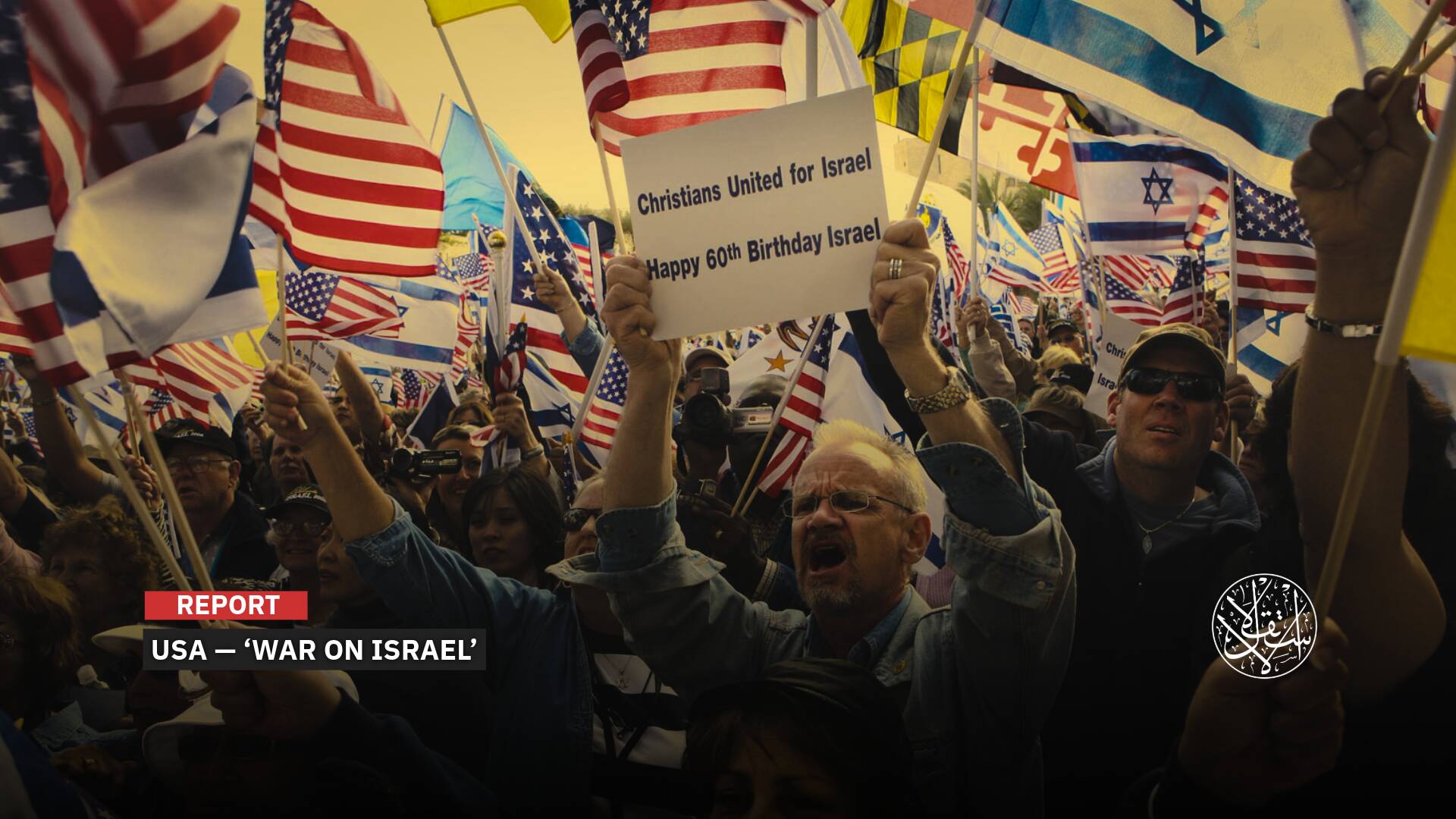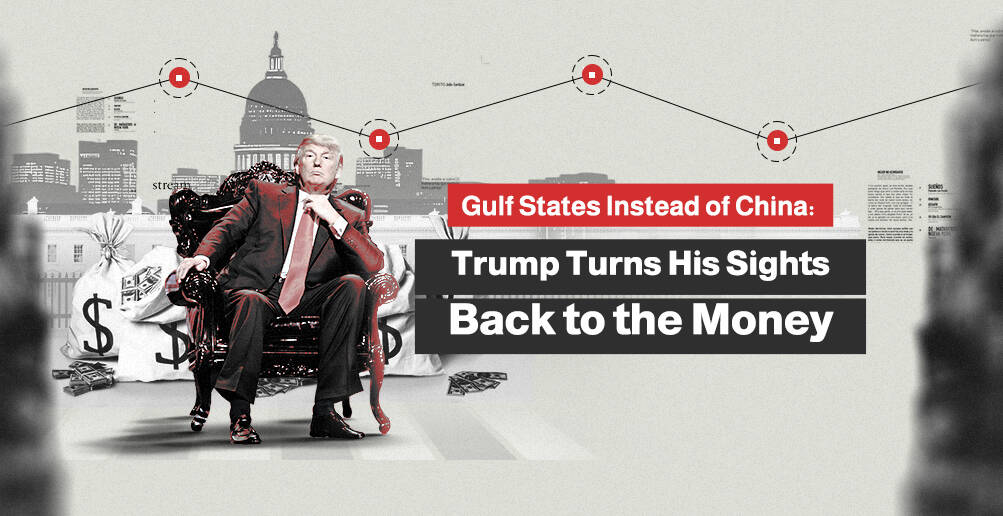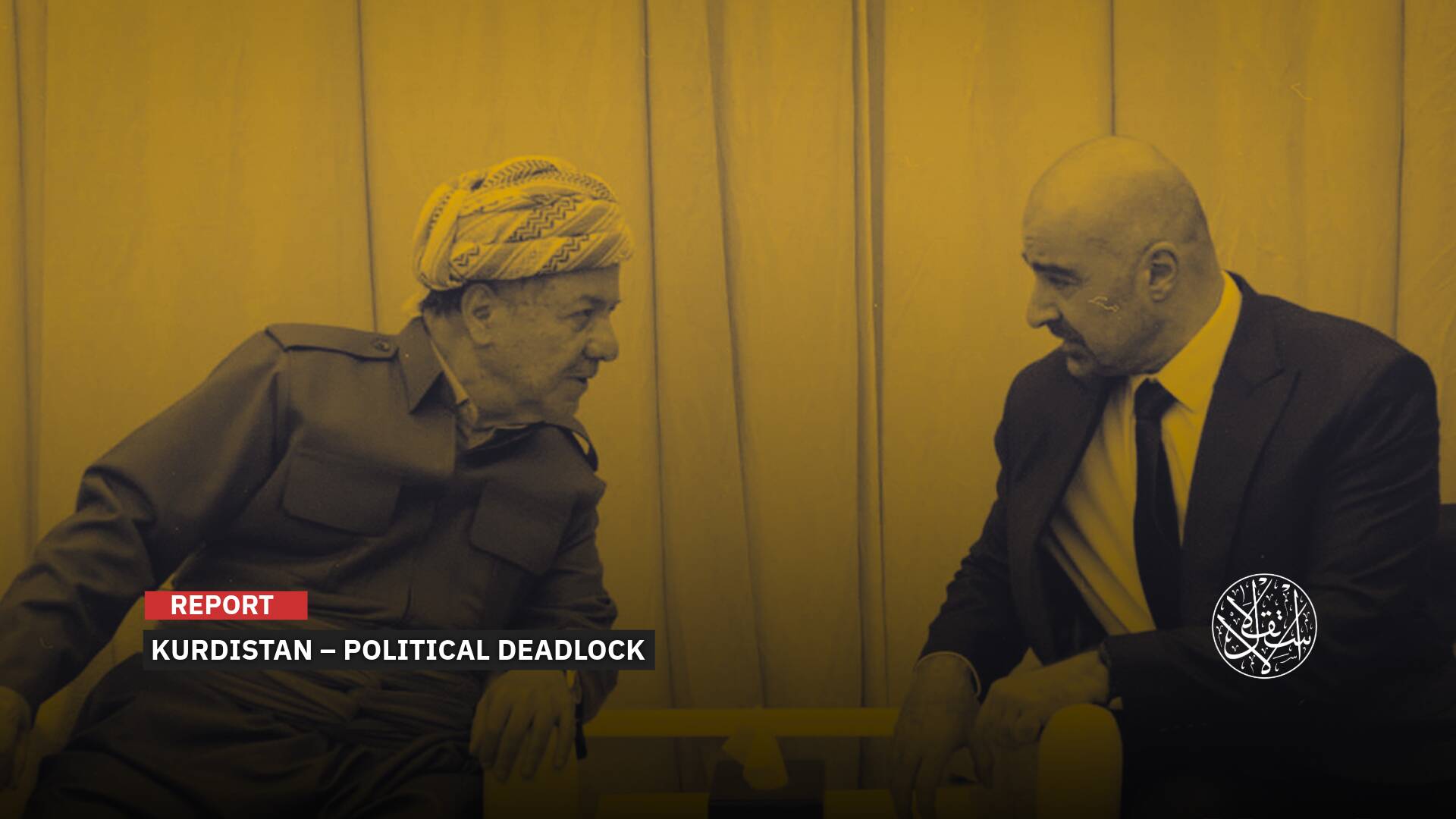Le Monde: Europe Is Concerned About Turkey's Growing Influence in the African Sahel

The French newspaper Le Monde indicated a great European concern, especially in France, from a remarkable Turkish presence in the West African Sahel region. Which is witnessing many geopolitical rivalries and conflicts between global superpowers for influence.
Turkey's ambitions in the region of strategic importance are increasingly disturbing France and the foreign powers present in Sub-Saharan Africa.
Especially since the West African Sahel region is vast and extends across five countries, most of which are mostly Muslim: Burkina Faso, Mali, Mauritania, Niger and Chad.
The International Crisis Group “ICG” (an international organization concerned with preventing and settling bloody conflicts around the world) spoke in a memorandum about the Turkish presence in that region.
Group’s analyst Hannah Armstrong said in the memorandum issued on July 27, 2021: “So far, Turkish interests in the Sahel seem to be primarily economic in nature.”
“But Ankara's recent rapprochement with some capitals of the Sahel could change the rules of the game,” she added.
She confirmed that “the first Turkish step in the military field was exceeded in July 2020, with the signing of a bilateral defense agreement between Niger and Turkey.”
She pointed out that “this cooperation, the details of which have been kept secret, includes sending Turkish soldiers to train and support Niger's forces in their fight against Boko Haram, and to secure the borders with Mali and Burkina Faso.”

Paris and Ankara
Le Monde said that while Ankara concluded a military agreement with Niger, Turkish political influence extended to neighboring Mali.
In August 2020, after the coup that overthrew President Ibrahim Boubacar Keita, known as (IBK), Turkish Foreign Minister Mevlut Cavusoglu was the first high-ranking foreign official to meet the new rulers.
Hannah Armstrong said about this: “Some saw in that visit a sign of Turkish support, which in itself is an attack on the French interests represented by Keita.” The researcher believes that “these allegations represent a turning point.”
French Defense Minister Florence Parly did not hesitate before the House of Representatives, on January 12, 2021, to talk about the Turkish incursion into Western Africa.
“Turkey is one of the countries that has sought to impose itself and infiltrate the gaps, permanently tarnishing our reputation,” she said.
The French Minister expressed her concerns. Adding that “the Sahel region has become an issue of influence between the great powers,” Emphasizing that “France is in a difficult situation there.”
She pointed to the failure of her country on the other hand, noting that “despite 9 years of the intervention of the forces of (Serval) and then (Barkhane) in Mali, armed attacks spread to Burkina Faso and Niger.”
Le Monde pointed out that to get out of that quagmire, on June 10, 2021, French President Emmanuel Macron announced a deep transformation of the French presence.
Macron decided to reduce 40% of the forces deployed in West Africa (5100 soldiers now), accelerate the training of the forces and armies of the Sahel and internationalize the fight against armed groups.
In her comment, Armstrong said: “It is not without risks and this shift in strategy leaves space and creates opportunities for emerging players such as Turkey.”

Ideological Goals
Armstrong also noted that “Ankara's influence is now concentrated in the areas of health care, access to water, and education.”
In her memorandum, she stressed that “the development aid allocated to the Sahel countries amounted to about $61 million between 2014 and 2019. That is far less than the $8 billion that the European Union pumped in over the same period.
But Turkey is also investing in infrastructure for roads, airports and hospitals, and the volume of trade with Mali increased tenfold between 2003 and 2019, from $5 million to $57 million, Armstrong said.
“In 2011, Ankara already provided humanitarian aid to Somalia, which was then in the midst of famine,” Armstrong explained.
She continued, “After 6 years, Turkey's largest military training base abroad was built in Mogadishu. It has strong ties with influential religious figures there.”
The ICG noted that “Turkey's opponents consider its presence in African Muslim countries to reflect ideological goals. It consists in improving the prospects of the Muslim Brotherhood and other Islamic currents.”
In a report on (Operation Barkhane) published in April 2021, the deputies stressed “President Erdogan's desire to emerge as the new leader of Sunni Muslim countries.”
The report stated that in the Sahel region, the Gulf countries are also gradually working to strengthen their economic and cultural presence.

Two Competing Currents
Le Monde monitored the presence of two competing religious currents in the land south of the Sahara, through the work of non-governmental organizations and civil society.
It pointed to competing with what it called “Saudi Wahhabism” and “Islam close to the Muslim Brotherhood.”
It described them as well-established in the political field inspired by Turkey and its Qatari ally.
It asserted that “every current seeks to extend its influence by building mosques, religious schools, calls for Hajj and religious training abroad.”
In April 2021, after Ankara allocated $5 million to the Joint Counter-Terrorism Force of the G5 Sahel, a delegation from the representative body of the Sahel countries visited Ankara.
According to a statement issued on April 10, 2021, it was able to tour the main center of companies active in the Turkish defense sector with the aim of acquiring equipment for its forces.
Le Monde concluded its report by noting that “this mission represents a decisive turning point in the consolidation of the diversification of cooperation between the G5 Sahel and this preferred partner (Turkey).”






